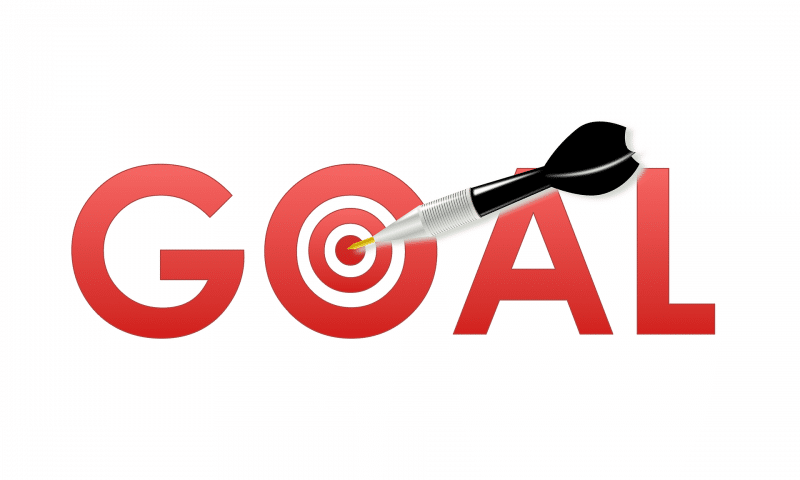One of the more challenging skills to master is goalsetting. Do not take this for granted; going with the flow and hoping that one day they will achieve “greatness” does not work.

Without goals you risk not working hard enough or putting enough effort in to do well in the things that are most important to you.
Goalsetting may seem straightforward but are your goals impacting your game? If you haven’t set goals you could face disappointment.
So how does a player set achievable goals for success?
STEP 1: WHAT IS CURRENT
The only way to look forward is to examine where you are now. Take some time to write down what you have achieved so far, the moments that were memorable or that you enjoyed, as well as your disappointments, dislikes and shortcomings (mentally and physically). Keep this list safe and stick it somewhere that you can be reminded of it in future – it will help to look back and remember how far you have come, as well as what you have left to achieve.
STEP 2: DEFINING BROAD GOALS
The first step to moving forward is to define what you want to achieve – these goals can be short term and long term. Ask yourself what would make you happy and what your dreams?
STEP 3: PRIORITISING
Now that you can see your broad goals, it’s time to decide what is most important and which comes first. It is hard when there are many goals in front of you; however, put first are those that are in the near future. Focus on short-term goals first and you will find your long-term goals falling in line. It is important to dream but don’t let your long-term goals stand in the way of what you can achieve now. For example, if your long-term goal is to make a state team; your short-term goal may be the Red Devils under 13’s.
STEP 4: BE S.M.A.R.T. ABOUT EACH GOAL
Broad goals serve a purpose in giving you direction; however, they don’t outline how you can achieve these goals. Every goal, when split up, can be defined by smaller goals that are clear and precise. Use the S.M.A.R.T. acronym for each broad goal to discover how you can be successful in your goals.
SPECIFIC: If your goal is unclear, incomplete or ambiguous; you are likely to achieve the same result. If your goal is to improve your performance, then your specific goal would be to improve your improve your fitness or to master tackling any opponent.
MEASURABLE: Make sure that you can measure your goal. Set a target for yourself, for example, a goalkeeper could practice kicking until they can clear any distance or until they can kick successfully on an average, ten kicks per a day.
ATTAINABLE: You will need to think carefully as it can be difficult to understand whether your goals are “doable”. If you feel your goal isn’t achievable then look again at how you have set it. You may just need to adjust how long it will take you to get there.
REALISTIC: You may want to make first team before the end of the year but if you are in the 3rd team and there are lots of talented players in your position, consider the fact that you don’t have control over selection procedures and your coaches. Set a goal of moving up one team at a time – you never know whether the other players will be available should the first team need you in future.
TIME-SENSITIVE: You should have an end to your goal in order to keep you motivated and to say you have achieved it. Set a deadline to keep you on track.
STEP 5: HELP
It helps to have someone who can support, encourage and check up on you from time to time. Find a family member or close friend who won’t mind bringing you to task on achieving your goals.
